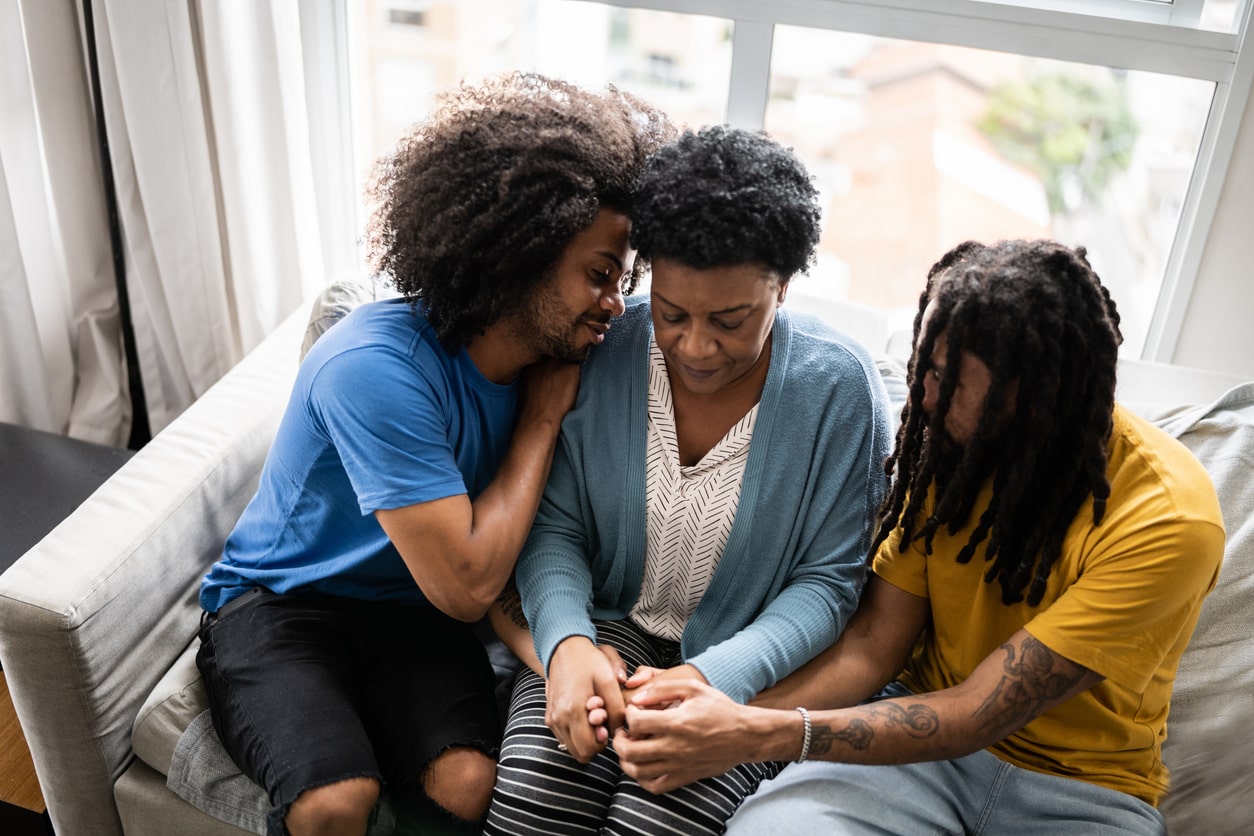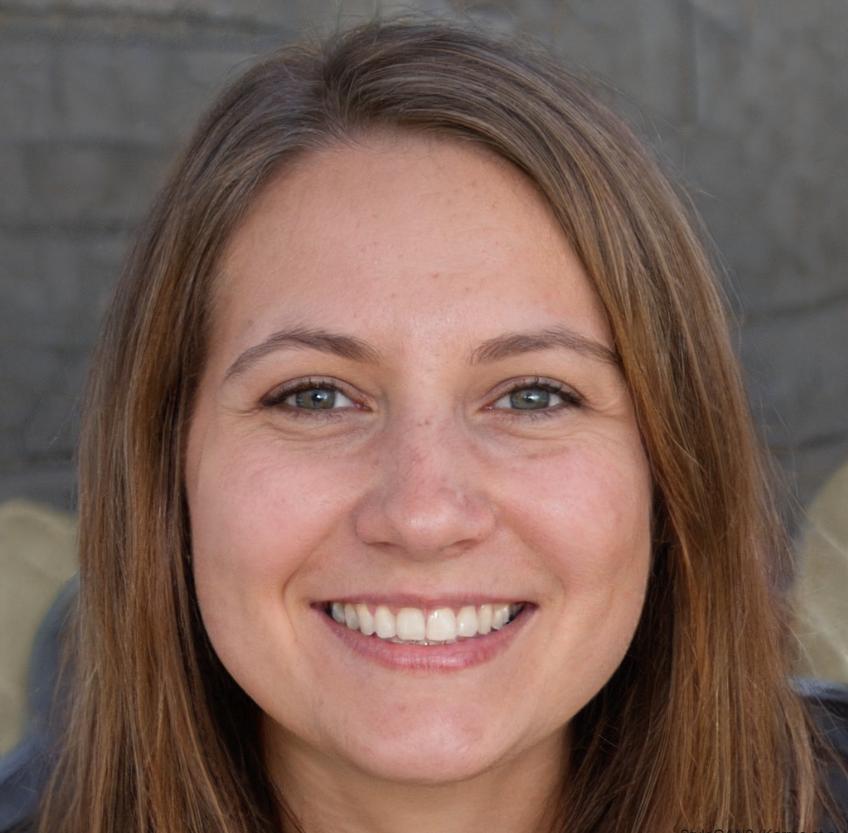Now Reading: Support Groups for Families of Addicts: A Path to Healing and Hope
-
01
Support Groups for Families of Addicts: A Path to Healing and Hope
Support Groups for Families of Addicts: A Path to Healing and Hope

Addiction doesn’t just affect the individual using drugs or alcohol—it affects the whole family. Watching a loved one struggle with substance use can leave family members feeling powerless, overwhelmed, and emotionally drained. Many ask, “What can I do to help?” or “How do I cope with this pain?” That’s where support groups for families of addicts can make a life-changing difference.
These groups provide a safe, understanding space where people can share experiences, learn coping strategies, and rebuild their lives with hope and support. Whether it’s a parent, sibling, spouse, or child, families of addicts often need just as much healing as the person in recovery.
This article explores how support groups for families of addicts offer connection, guidance, and tools to navigate the challenges of addiction—without losing themselves in the process.
Understanding the Family’s Role in Addiction
Families often become deeply entangled in their loved one’s addiction. They might try to control the situation, cover up consequences, or carry the emotional weight of their loved one’s choices.
While these actions are usually driven by love, they can unintentionally enable unhealthy behaviors and cause emotional burnout. Family members may struggle with:
- Guilt and self-blame
- Anger, sadness, or fear
- Financial stress
- Relationship breakdowns
- Feelings of isolation and helplessness
According to the Substance Abuse and Mental Health Services Administration (SAMHSA), involving families in recovery significantly improves outcomes for both the individual and the family unit 1. But for families to be supportive, they also need support.
What Are Support Groups for Families of Addicts?
Support groups for families of addicts are peer-led or professionally facilitated gatherings that offer emotional support, education, and resources for those affected by a loved one’s substance use.
These groups can be found in person or online and often include:
- Shared personal stories and experiences
- Guidance from trained facilitators or counselors
- Educational tools about addiction and recovery
- Boundary-setting techniques
- Emotional coping strategies
- Safe, judgment-free spaces to speak openly
Popular support group options include Al-Anon, Nar-Anon, Families Anonymous, and various community-based or faith-based programs.
The Benefits of Support Groups for Families of Addicts
1. Emotional Connection and Relief
Addiction can make families feel isolated. Many avoid talking about their situation out of shame or fear of judgment. Support groups break that silence.
Hearing others say, “I’ve been there too,” can lift a heavy emotional burden. Connection brings relief, validation, and the understanding that you are not alone.
A 2017 study in Journal of Substance Abuse Treatment found that family members who participated in peer support groups reported lower levels of anxiety and increased emotional resilience 2.
2. Education About Addiction
Many families don’t fully understand addiction. They may see it as a moral failure or personal choice rather than a complex disease.
Support groups help educate family members about the science of addiction, including how it affects the brain, the cycle of use, and why recovery is a lifelong journey.
Understanding the condition helps reduce anger, guilt, and confusion—making it easier to offer the right kind of support.
3. Learning to Set Healthy Boundaries
One of the hardest things for families is setting boundaries. Support groups teach that loving someone doesn’t mean rescuing them from every consequence.
Participants learn how to say no without guilt, how to protect their mental health, and how to stop enabling destructive behavior.
Setting boundaries empowers both the family and the person struggling with addiction.

4. Better Coping Skills for Stress and Grief
Living with a loved one’s addiction can feel like an emotional rollercoaster. Support groups teach coping strategies such as:
- Journaling
- Mindfulness or meditation
- Deep breathing techniques
- Assertive communication
- Self-care routines
These tools help family members manage stress, sleep better, and regain emotional control.
5. Hope and Long-Term Healing
One of the greatest gifts of support groups is hope. Many members share success stories—times when a loved one got sober or when they themselves found peace despite ongoing challenges.
Support groups shift the focus from fixing the addict to healing the family. This creates space for growth, recovery, and peace—no matter what happens.
Real-Life Story: Finding Strength Through Support
Melissa, a mother of two, had been trying to help her son recover from opioid addiction for years. She felt exhausted and hopeless.
“I thought I was doing everything right—checking his phone, paying his bills, keeping him out of trouble. But I was falling apart. A friend told me about Al-Anon. At first, I didn’t want to go. But in that room, I finally breathed. People understood. I learned to let go of what I couldn’t control. I got my life back.”
Today, Melissa still attends weekly meetings and mentors other parents going through the same pain.
What to Expect at Your First Meeting
If you’re considering joining a support group for families of addicts, it’s normal to feel nervous. Here’s what to expect:
- You don’t have to speak if you’re not ready. Listening is enough.
- No one judges you. These groups are built on compassion and confidentiality.
- You will hear stories that may mirror your own pain—and your own hope.
- You may cry. That’s okay. Many people find meetings emotionally healing.
- You’ll leave feeling lighter. Sharing your story, or simply hearing others, can release years of tension.
How to Find a Support Group
You can find support groups for families of addicts through:
- https://www.al-anon.org
- https://www.nar-anon.org
- Local hospitals or addiction treatment centers
- Faith-based recovery ministries
- Online forums and virtual meetings (especially helpful for rural or homebound individuals)
Final Thoughts: You Deserve Support Too
Loving someone with an addiction is painful. It brings grief, fear, confusion, and often silence. But you don’t have to carry that alone.
Support groups for families of addicts offer connection, compassion, and practical tools to help you cope, set healthy boundaries, and focus on your own healing. They remind you that you matter—and that your well-being is just as important as your loved one’s recovery.
You may not be able to change their journey. But you can change how you walk your own.
Sources
- SAMHSA. (2023). Family Therapy Can Help. [https://www.samhsa.gov] ↩
- Tracy, K., & Wallace, S. P. (2017). Benefits of peer support groups for families. Journal of Substance Abuse Treatment. ↩

Hi, I’m Kristi Jenkins, a passionate blogger and content writer with a love for storytelling. With years of experience in writing engaging and insightful articles, I focus on topics like mental health, lifestyle, and personal growth. My goal is to create content that inspires, educates, and connects with readers on a deeper level.


























